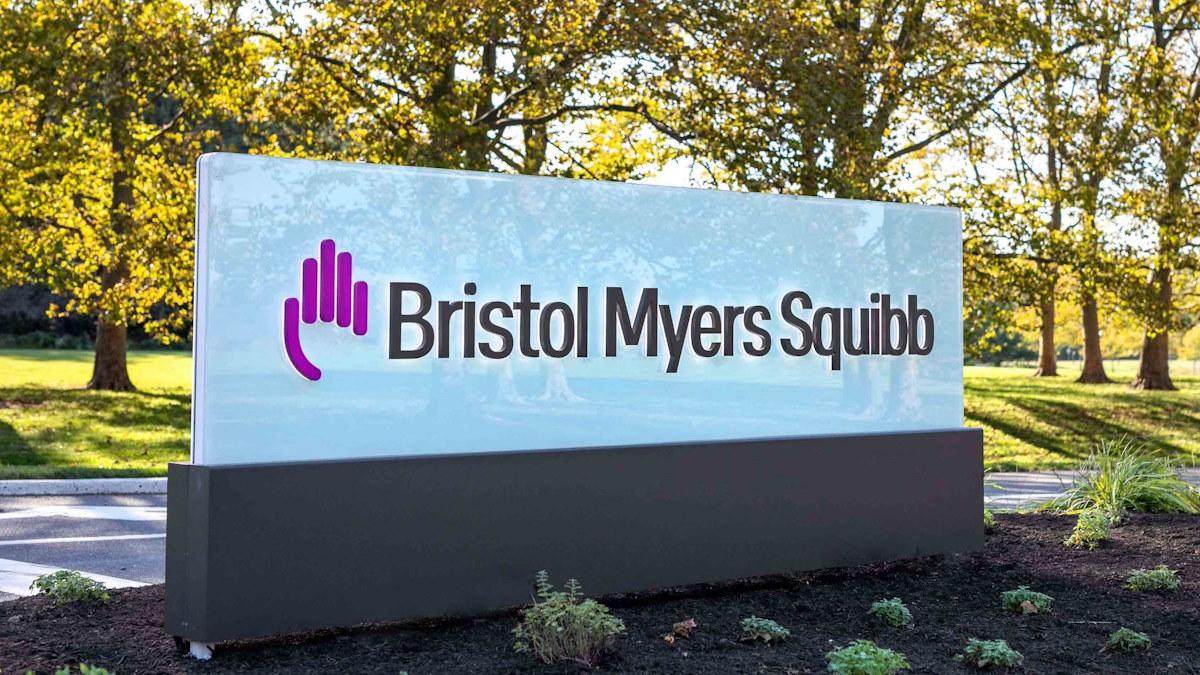BMS bulks up in cardio with $13.1bn takeover deal for MyoKardia

Bristol-Myers Squibb has said it will buy biotech MyoKardia in a $13.1 billion takeover that marks a step up in its development of cardiovascular drugs.
The all-cash deal is mainly about MyoKardia’s mavacamten drug that BMS thinks could be a first-in-class treatment for hypertrophic cardiomyopathy (HCM) – a form of heart disease – based on clinical data reported in the spring.
In the EXPLORER-HCM study, cardiac myosin inhibitor mavacamten improved exercise capacity, cardiovascular health scores like left ventricular outflow tract (LVOT) and overall health status in patients with obstructive HCM over placebo, setting up an FDA filing on the first quarter of next year.
HCM is a condition in which the heart becomes thickened without any obvious cause, and can lead to chest pain and shortness of breath, irregular heartbeats and even heart failure in severe cases.
BMS is a longstanding player in cardiovascular with drugs like Pfizer-partnered Eliquis (apixaban) and Sanofi-partnered Plavix (clopidogrel), but over the last few years has been directing its R&D dollars mainly towards oncology.
Its cancer franchise – headed by flagship immunotherapy Opdivo (nivolumab) – accounted for around 80% of BMS’ sales of $20 billion in the first half of 2020.
It does have a few cardiovascular candidates in clinical trials – cimlanod for heart failure and Johnson & Johnson-partnered factor XIa inhibitor BMS-986177 for thrombotic disorders in phase 2 trials for example – but its heart disease programmes are dwarfed by the dozens of candidates for blood cancers and solid tumours.
Adding mavacamten gives it a near-term product candidate with potential in additional indications like non-obstructive HCM, as well as other drugs in clinical development, including follow-up myosin inhibitors danicamtiv (MYK-491) for dilated cardiomyopathy and MYK-224 hypertrophic cardiomyopathy.
Cardiovascular diseases haven’t seen the dramatic strides forward in drug therapy that have transformed other illnesses like cancer in recent years, so MyoKardia’s programmes – which are both based on novel mechanisms of action – have been keenly anticipated by physicians and patients alike.
BMS has bought into MyoKardia’s cardiovascular pipeline around 18 months after the California-based biotech’s former partner Sanofi walked away from a partnership on those three drugs, reportedly because the biotech was reluctant to extend commercial rights covered by the deal.
It is paying $225 per share for MyoKardia – a 60% premium on its closing share price last week – and shows clearly that BMS chief executive Giovanni Caforio isn’t averse to pursuing further sizeable deals despite its $74 billion takeover of Celgene last year that has left it with a sizeable debt burden of around $47 billion.
[embed]https://twitter.com/bradloncar/status/1313085288340750337[/embed]
“We are further strengthening our outstanding cardiovascular franchise through the addition of mavacamten, a promising medicine with the potential to address a significant unmet medical need in patients with cardiovascular disease,” said Caforio.
He added: “We have long admired MyoKardia and what they have done to revolutionise cardiovascular treatments through a precision medicine approach.”
After the EXPLORER-HCM readout, analysts at Cantor Fitzgerald suggested that mavacamten could make $2 billion or more in sales in obstructive HCM, with another $600 million or more from the non-obstructive HCM category if approved.













